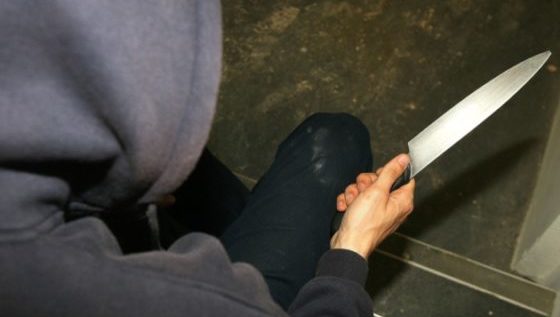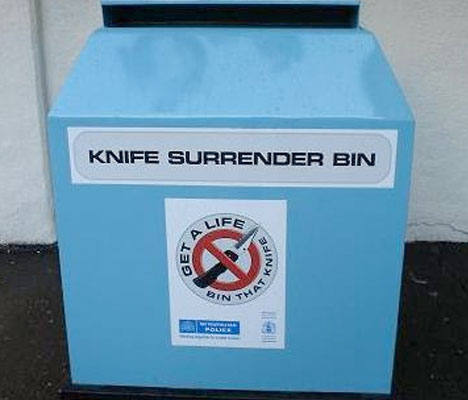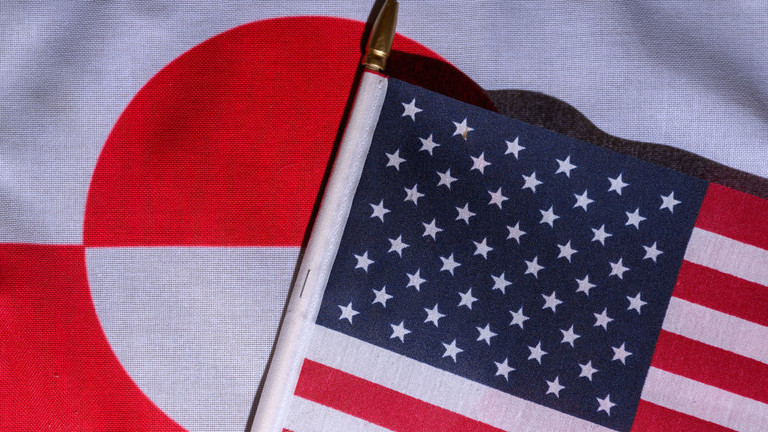
The Church of England is demanding that the United Kingdom use force and violence to ban pointy knives. A religious organization is now insisting that crime be reduced by further enslaving the population.
Last year, London’s murder rate briefly overtook that of New York City, a feat likely to be repeated as crime continues its decline in the U.S. while the latest U.K. figures show an increase in violent crimes committed with both guns and knives. In spite of all the laws restricting ownership of anything that could constitute a weapon, violent crimes are getting much worse. Instead of giving people more freedom and the human dignity of being able to defend themselves against these attacks, religious organizations and the government want to take steps to make sure only those committing violent acts have the means to do so.
“We the undersigned are professionals and community leaders from across the UK who call on Government to see the sale of pointed domestic kitchen knives as a thing of the past,” reads the not-a-parody open letter from the Diocese of Rochester, signed by church leaders, lawmakers, psychiatrists, academics, and the like. “Historically we needed a point on the end of our knife to pick up food because forks weren’t invented. Now we only need the point to open packets when we can’t be bothered to find the scissors.”
When the human condition resists perfection through legislation, the answer always seems to be more—and stupider—laws. –J.D. Tuccille, Reason

Just months ago, a Conservative member of Parliament made headlines when he took a different, but equally restrictive, approach to regulating sharp pieces of metal, reported Reason. “Every knife sold in the UK should have a GPS tracker fitted in the handle,” insisted Scott Mann. “It’s time we had a national database like we do with guns.” Mann took a lot of ribbing for the proposal, and even admitted that it was “a bit of a shit idea.” But that’s just because he was a step ahead of the mob. If he’d stuck with grinding off the pointy bits, he would likely have been hailed as a model of responsible opinion.
UK: Kitchen Knives Are Too Sharp! Filing Them Down Will Stop Stabbing Violence
Knife control is supposed to be a joke—where control freaks take their next efforts when gun laws prove unenforceable and criminals decline to discontinue their efforts just because they’ve been rendered even more illegal. But British politicians took that joke and turned it into national policy. Now they want to double down on that policy because the bad guys still won’t play along. –J.D. Tuccille, Reason
Gun Control Goes Too Far In UK: Man Arrested For Having A Potato Peeler










0 Comments